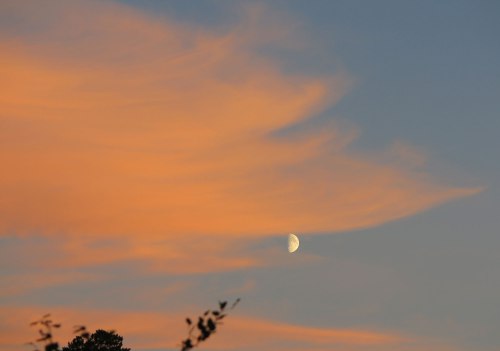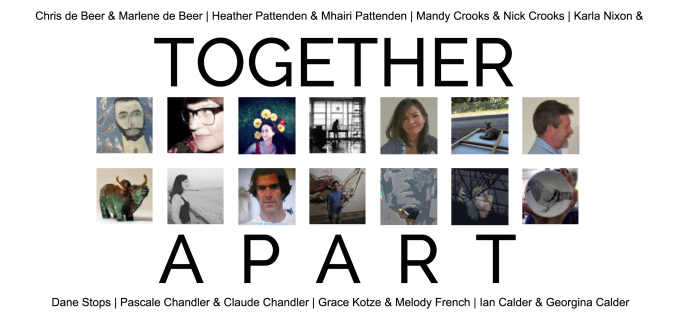
My most distinct memory of the media furore in Britain following the arrival of assassination survivor Malala Yousafzai is of the commentary offered by The Daily Mail, a paper whose pages are imbued with nothing but hate and Royal sycophancy. The paper, and the rabid churls it has for readers, demanded to know why a Pakistani girl who had never once paid National Insurance was being treated on the NHS for her gunshot wound, and then offered asylum from the extremists who had taken control of her province. Their lack of humanity appalled me. Their division of the world into the deserving and undeserving frightened me. Though this encounter was an unpleasant memory, I suppose it’s nothing compared to being shot in the face.
My own reservations about embracing the wave of Western admiration for Malala was rooted in entirely different origins. As a bystander some thousands of miles away, I certainly couldn’t hope to understand the battles she was fighting against oppressive forces – but I feared that the Western media and politicians were somehow manipulating this young girl into a figurehead against her own people at home. That instead of supporting her efforts out of a sincere desire for women’s rights, they wielded her as an example of the “barbaric Islam” of the East; “look, they shoot their girls when they try to go to school!” In short, I feared the West was making a fetish of Malala as a “good immigrant”. So I didn’t buy into the narrative of unquestioningly celebrating of the West’s championing of this young survivor. It was nothing against Malala. It was about the people who would use her to their own ends.
Sitting down to read the opening chapter of her (partially ghostwritten) book, then, I felt relief. Relief at her unapologetic and wholly sincere celebration of her roots, the place she came from, Swat, described in her own words as “the most beautiful place in all the world”. It’s certainly a beautiful picture she paints, of mountains dusted with snow, wild flowers and orchards brimming with fruit. She dances across the history of Swat at a rapid pace, gracefully moving through wars with the British and legends of Alexander the Great. She explains the bonds between her people, the language of brother and sister used for everyone, the birth traditions blessed upon boys but not girls, and her father’s insistence that she receive them regardless of her gender. The pace is brisk, and many of the details fade as we move from one line of thought to another, but that is not of consequence.
What we know about Malala is that she was a young woman growing up with a father who wanted the best for her, and who pursued an education amidst a climate in which to do so was dangerous. Malala was – and still is – an activist in the truest sense of the word, doing what is right, not just what is easy. There are thousands of others like her, but it is her voice who we hear, thanks to circumstance, politics, and the mass appeal of her narrative.
Rating? almost as good as the hype
Keep reading? she’s drawn me in with her magic pencil (that’s a reference)
Read Malala’s story and feel better about yourself by buying from the slightly-more-ethical-than-Amazon Hive.
Advertisements Share this:





